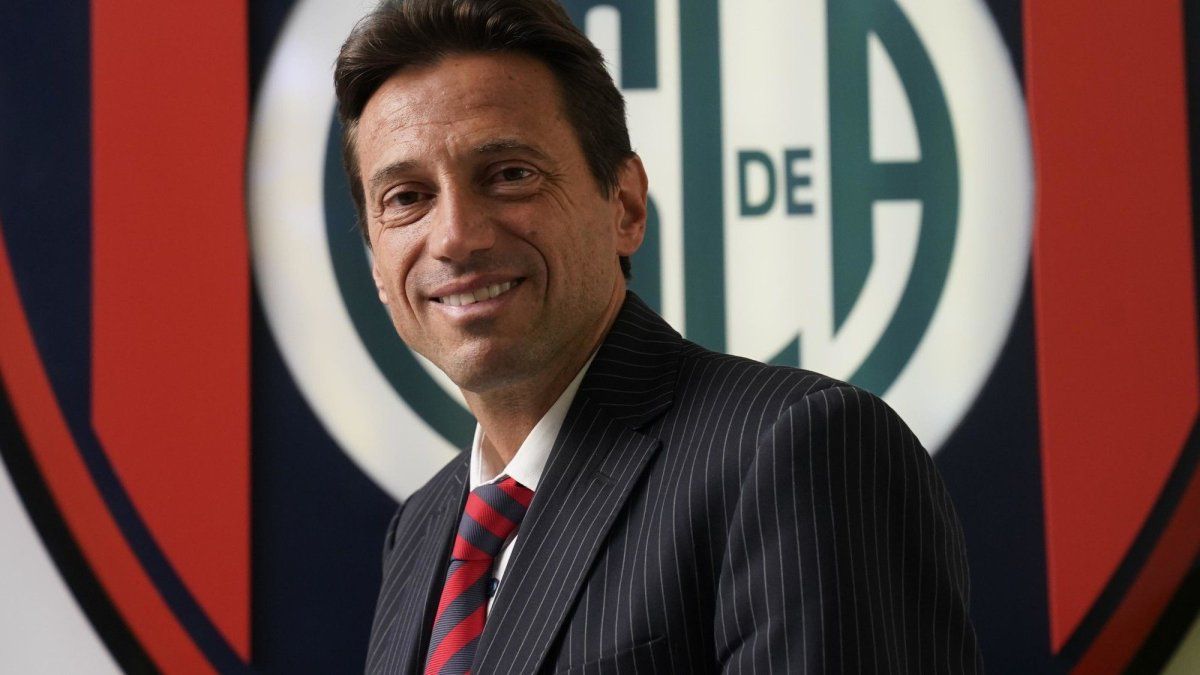The procedure follows a well-rehearsed choreography: First the tray full of coffee, then the march through the corridor to the brown hall of the VP negotiation team, then the FP negotiation team and, last but not least, smile at the camera at the table. The first exploratory meeting with the FPÖ was scheduled for two hours, and after half that time it was already done. “It is not necessary to get to know each other and feel it, we know each other well,” as FP boss Manfred Haimbuchner remarked before the conversation. It was one of many references to previous government cooperation that – the FPÖ never made a secret of it – would like to continue. And would also like to keep the previous departments, as the FPÖ also announced via broadcast: “We have managed our departments very well and would like to continue to do so in the future.” Haimbuchner was previously responsible for housing, families and nature conservation, and Provincial Councilor Günther Steinkellner was responsible for traffic . As reported, the FPÖ lost the third regional council due to the election result.
Governor Thomas Stelzer (VP) wanted to avoid the impression that one was already heading for black and blue anyway: “The purpose of this conversation is to exchange ideas about upcoming challenges and topics and to find out whether there are similar assessments of the solutions. The goal is to have “good conversations” with everyone, because for that you have “been given the clear leadership position”.
For the ÖVP, Stelzer Deputy Governor Christine Haberlander, the Ladnesräte Max Hiegelsberger and Markus Achleitner, the club chairman Christian Dörfel and the regional managing director Wolfgang Hattmannsdorfer sat at the negotiating table. Haimbuchner was accompanied by Steinkellner, club chairman Herwig Mahr, Wels mayor Andreas Rabl and club director Ferdinand Watschinger.
Conversation shorter than planned
Afterwards, both teams emphasized that the conversation was shorter than planned. It was “very good” and concrete content had not yet been negotiated. They talked about the pandemic, the location and the state budget. Haimbuchner does not believe that the debate about corona and vaccination could become an obstacle. He underlined once again that the FPÖ wanted to govern, but: “We can do both very well – government and opposition.” Stelzer’s résumé after the conversation was tight. Naturally, he left the question of the desired coalition partner open: “The party with which we can accommodate most of our proposed program.”
Whether the ÖVP wants to enter into coalition negotiations with the FPÖ or another party will be decided on Monday in the party’s executive committee, said Stelzer. Talks will be held with all parties beforehand. Tomorrow at 9 a.m. the SPÖ is expected in the country house, at 12.30 p.m. it is the turn of the Greens.
Although no coalition is possible, the new MFG party will also be spoken to at 5 p.m., and it will be the turn of the Neos on Friday at 7 p.m. Two hours are set for each appointment. He is “excited” about the talks with MFG, says Stelzer. The success of the party has shown that there is “a lot of skepticism”: “We take these concerns seriously.”
Haimbuchner was also asked about the new party, and many of his answers were short. There are always “certain phenomena” in the party landscape, mostly these would not have lasted long: “Basically, every party is to be taken seriously.”




